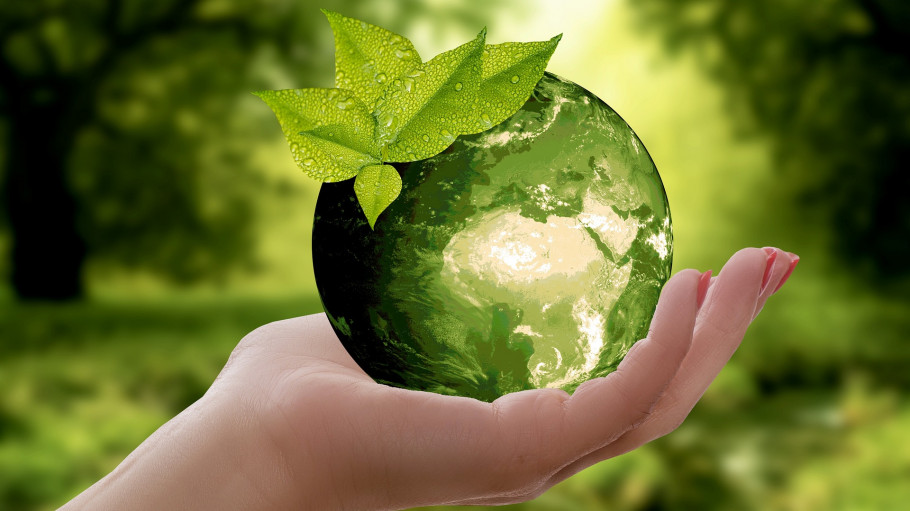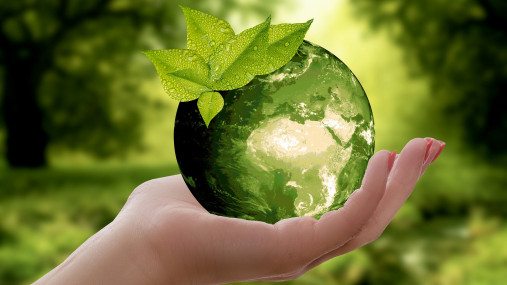
Press releases » ENVI vote on waste shipments fits environmental and social standards, but stronger monitoring for OECD countries is needed, says EUROFER
ENVI vote on waste shipments fits environmental and social standards, but stronger monitoring for OECD countries is needed, says EUROFER
Downloads and links
Recent updates

Brussels, 01 December 2022 - The changes brought to the Waste Shipment Regulation are a welcome step in the right direction to ensure that environmental and social standards equivalent to the EU’s are met when waste is exported to third countries. However, significant issues remain largely unaddressed with room for further improvement, in particular by strengthening monitoring for OECD countries and by pre-empting circumvention which risks to weaken the effectiveness of the new measures, says the European Steel Association (EUROFER) following the vote of the Environment Committee (ENVI) at the European Parliament.
“In the text adopted today there are some important improvements compared to the Commission proposal, notably with respect to environmental, social, health and safety concerns. Ferrous scrap is a valuable secondary raw material and essential for the steel industry’s decarbonisation. It does not make any sense to move waste challenges abroad, whilst the recycling of metal waste - where the European steel sector plays a central role - remains key for reaching the circular economy and CO2 emissions targets in the EU”, said Axel Eggert, Director General of the European Steel Association (EUROFER). “Our sector’s scrap needs will rapidly increase in the next years, as our green steel projects to be implemented by 2030 will require significantly more scrap”.
Ferrous scrap is by far the most exported waste from the EU (19,5 Mt in 2021, equal to 59% of all EU waste exports, according to Eurostat). Yet, it is a valuable material that could be recycled into new steel following the highest European environmental, health and social standards. For every tonne of carbon steel scrap recycled, a saving of 1,5 tonnes of CO2 is achieved, and in case of stainless-steel scrap this saving is even higher, reaching roughly 5 tonnes of CO2. The recycling of ferrous scrap is therefore one of the clearest examples of how to reach the objectives that the EU has set for the upcoming decades: circular economy, decarbonisation and energy saving.
More effective verification of Environmental Sound Management (ESM) and respect of adequate standards in the destination country, the introduction of best available techniques (BATs) as reference point for assessing health and environment protection in audits, together with additional measures on intra-EU shipments, are among the most significant improvements of the ENVI report.
However, a stronger monitoring procedure with country level assessment for OECD countries prioritising the most important waste export flows such as ferrous scrap, tougher anti-circumvention measures targeting an undue use of the ‘end-of-waste’ classification for exported materials, and a facility-based audit system covering all their activities are absolutely needed to make sure the new regulation is water-proof.
“We stand ready to work together with the EU institutions in the next phases of the legislative process, for an outcome that can benefit environment, climate, workers, citizens and industry alike”, concluded Mr. Eggert.
Contact
Lucia Sali, Spokesperson and Head of Communications, +32 2 738 79 35, (l.sali@eurofer.eu)
About the European Steel Association (EUROFER)
EUROFER AISBL is located in Brussels and was founded in 1976. It represents the entirety of steel production in the European Union. EUROFER members are steel companies and national steel federations throughout the EU. The major steel companies and national steel federation of Turkey and the United Kingdom are associate members.
The European Steel Association is recorded in the EU transparency register: 93038071152-83.
About the European steel industry
The European steel industry is a world leader in innovation and environmental sustainability. It has a turnover of around €125 billion and directly employs around 310,000 highly-skilled people, producing on average 153 million tonnes of steel per year. More than 500 steel production sites across 22 EU Member States provide direct and indirect employment to millions more European citizens. Closely integrated with Europe’s manufacturing and construction industries, steel is the backbone for development, growth and employment in Europe.
Steel is the most versatile industrial material in the world. The thousands of different grades and types of steel developed by the industry make the modern world possible. Steel is 100% recyclable and therefore is a fundamental part of the circular economy. As a basic engineering material, steel is also an essential factor in the development and deployment of innovative, CO2-mitigating technologies, improving resource efficiency and fostering sustainable development in Europe.

EUROFER wishes to comment and clarify on the concerns expressed in the above-mentioned statement:
Strasbourg, 17 December 2025 – The European Commission’s latest proposals on the Carbon Border Adjustment Mechanism (CBAM), unveiled today, correctly identify several loopholes that risk undermining its effectiveness, notably regarding EU exports, downstream sectors and circumvention practices. However, despite these laudable efforts, the measures put forward fail to deliver a comprehensive and durable response to carbon and jobs leakage, warns the European Steel Association (EUROFER).
A milestone occasion to quickly and effectively restore affordable electricity, to relaunch the
decarbonization and strengthen the international competitiveness of the European steel
industry.